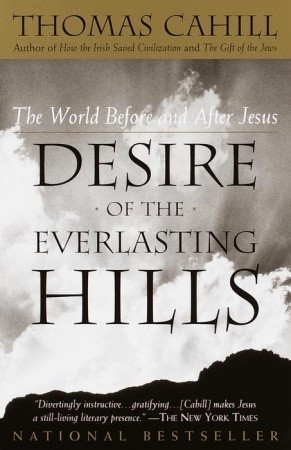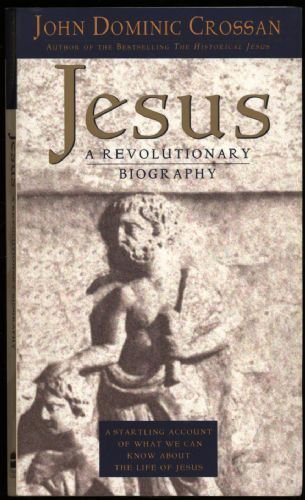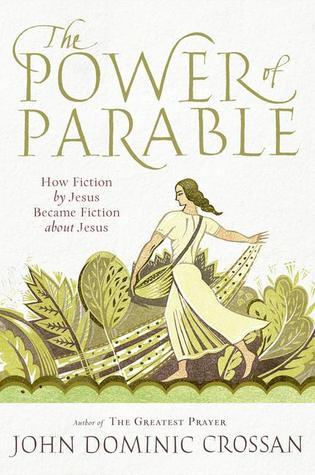
Desire of the Everlasting Hills: The World Before and After Jesus
Book Description
Before Jesus, the world thrummed with ancient traditions, unyielding customs, and a thirst for something greater. In "Desire of the Everlasting Hills," Thomas Cahill masterfully unravels the tapestry of history, revealing how the crucible of Roman rule and diverse cultures set the stage for a seismic shift in belief. Journey through the vibrant landscape of human longing and spiritual awakening, where every moment crackles with potential and destiny. This compelling exploration sheds light on the echoes of a world transformed by one man’s message. What ripples did this revolution create that still resonate through time?
Quick Book Summary
"Desire of the Everlasting Hills" by Thomas Cahill examines the world before, during, and after the life of Jesus, situating him within the vibrant tapestry of Greco-Roman culture, Jewish tradition, and the philosophical quest for meaning. Cahill explores how Jesus’ teachings upended established norms, offering radical ideas about love, forgiveness, and the value of the individual, which stood in stark contrast to the dominant ethos of the period. The book analyzes early Christianity’s growth, its appeal to the marginalized, and the transformative effects it had on both Eastern and Western thought. With narrative flair, Cahill demonstrates how Jesus’ message kindled a spiritual revolution, transforming attitudes toward hope, suffering, and human dignity—creating enduring ripples that continue to shape the world.
Summary of Key Ideas
Table of Contents
The Ancient World’s Social and Spiritual Landscape
Cahill opens by painting a vivid picture of the ancient Mediterranean, where empires clashed and diverse peoples encountered one another. He delves into the dynamics of Greek philosophy, Roman authority, and Jewish faith, highlighting a world craving connection with the divine but burdened by rigid social orders. Pre-Jesus societies had clear class distinctions, gender hierarchies, and often harsh religious codes, with many longing for liberation from human suffering and existential uncertainty.
Jesus and the Message of Radical Transformation
Into this setting steps Jesus of Nazareth, whose message dramatically differed from those of both Roman imperial leaders and Jewish religious authorities. Cahill emphasizes Jesus’ emphasis on love, forgiveness, and the elevation of the individual regardless of social standing. His teachings and parables, often subversive, called listeners to embrace compassion over retribution, mercy over ritual, and a personal relationship with God rather than adherence to legalistic tradition. The crucifixion and resurrection narratives challenged understandings of power, victory, and redemption.
The Birth and Spread of Early Christianity
The nascent Christian movement, sparked by the disciples and followers inspired by Jesus’ example, rose rapidly amidst intense persecution. Cahill details how the early Christian communities attracted the dispossessed and marginalized by breaking down traditional barriers: welcoming women, slaves, and foreigners. These faith-driven groups created a countercultural ethic centered on charity, communal support, and hope for eternal life. This new spiritual family proved both adaptive and resilient in the face of Roman suspicion and hostility.
Contrasts with Classical Values and Philosophies
Throughout the book, Cahill contrasts the values of Jesus with the dominant Greco-Roman philosophies. Where Stoicism sought impersonal virtue and Rome prized honor and conquest, Christianity offered a transformative spirituality grounded in personal connection and radical inclusivity. He explains how the early Church faced internal and external conflicts—doctrinal, political, and philosophical—but its core values set in motion dramatic social change, gradually altering laws and norms.
Lasting Impact on Western Culture and Human Dignity
Cahill concludes by tracing the enduring echo of Jesus’ message through subsequent history. Christian ideals of forgiveness, intrinsic human worth, and sacrificial love influenced Western morality, art, and notions of justice and charity, even among secular societies. "Desire of the Everlasting Hills" ultimately argues that the world was irrevocably altered by the teachings and legacy of Jesus, igniting a spiritual revolution whose effects can still be felt in humanity’s ongoing search for meaning and hope.
Download This Summary
Get a free PDF of this summary instantly — no email required.





